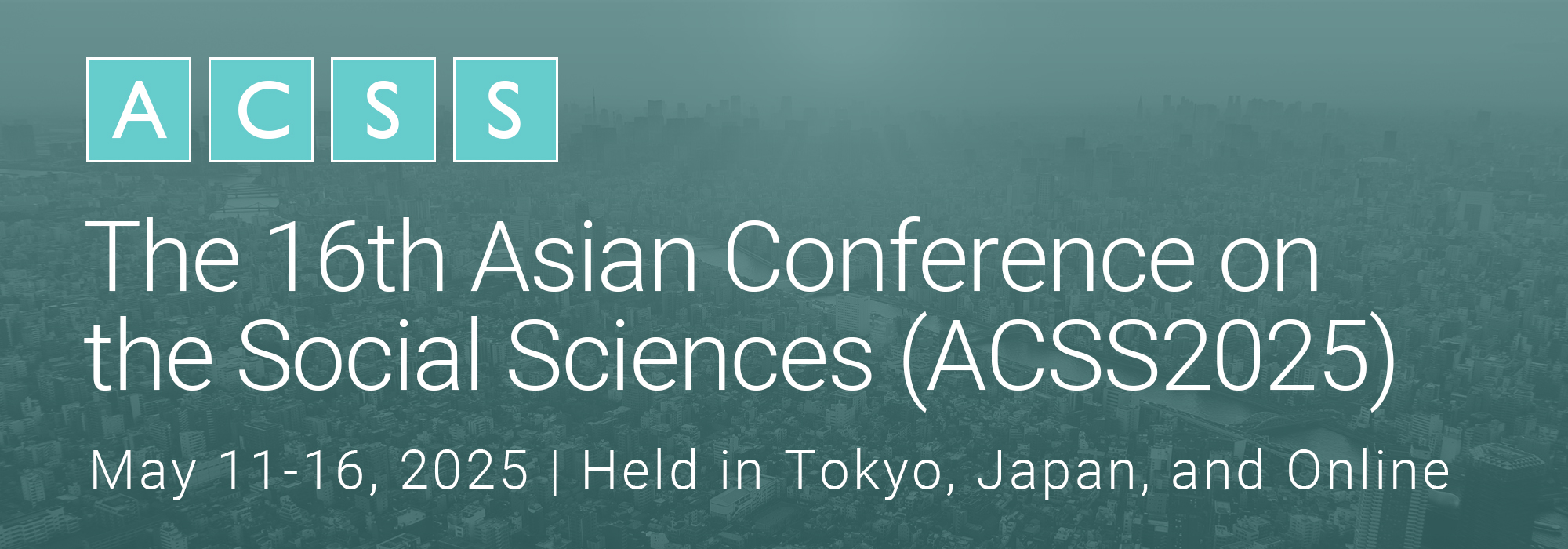Unraveling the Tapestry of Language: A Comprehensive Review on Primary Progressive Aphasia and Its Evolving Dimensions (80169)
Session Chair: Samita Sharma
Sunday, 26 May 2024 15:15
Session: Session 4
Room: Room 605
Presentation Type: Oral Presentation
Primary Progressive Aphasia (PPA) is a form of dementia characterized by gradual linguistic decline while preserving other cognitive functions until later stages. This review outlines PPA's distinct symptoms, diagnostic criteria, and neuroanatomical dysfunction, emphasizing its differentiation from other language disorders and neurodegenerative conditions. PPA presents in three main patterns: progressive non-fluent aphasia (PNFA), semantic dementia, and logogenic progressive aphasia (LPA). Diagnostic criteria stress a steady decline in language function over two years with intact premorbid language abilities. Neuroanatomical dysfunction primarily affects language processing areas like Broca's and Wernicke's areas, leading to symptoms such as anomia and agrammatism. For instance, a patient with semantic dementia may fluently describe a picture using rich and descriptive language, while a patient with progressive non-fluent aphasia may struggle to produce grammatically accurate sentences and may speak in short, broken phrases.
PPA significantly impacts patients' quality of life and caregiver burden. Communication difficulties, social isolation, and daily functioning challenges contribute to frustration and isolation. Caregivers face complexities in support provision and managing patients' needs. Speech therapy and Augmentative and Alternative Communication (AAC) systems, such as picture boards and speech-generating devices, helps improve interaction and autonomy. Caregiver support programs offer vital assistance, reducing burden and enhancing overall well-being for both patients and caregivers.
In conclusion, understanding PPA's unique features and its impact on patients and caregivers is vital for effective care provision. Tailored interventions and support strategies can improve well-being and overall quality of life for individuals with PPA.
Authors:
Samita Sharma, Amity University, India
Kevin Benjamin, Chandigarh University, India
Nidhi Chauhan, Postgraduate Institute of Medical Education and Research, India
Akhilesh Sharma, Postgraduate Institute of Medical Education and Research, India
About the Presenter(s)
Dr SAMITA SHARMA is a University Assistant Professor/Lecturer at Amity University, Punjab in India
See this presentation on the full schedule – Sunday Schedule





Comments
Powered by WP LinkPress